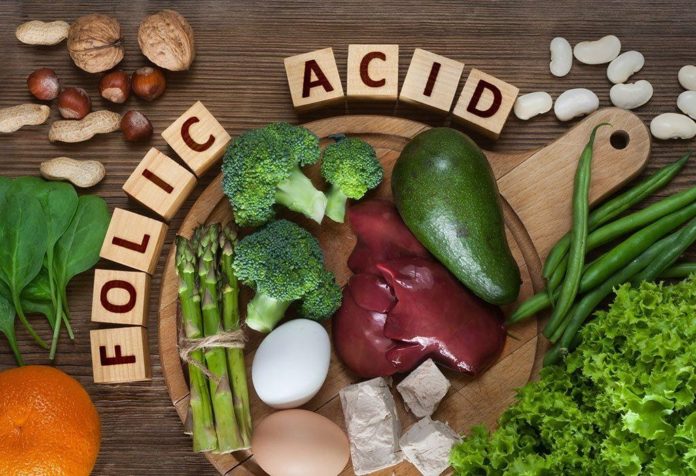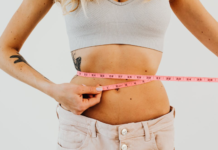When it comes to IVF, you want to do whatever you can to increase the chances of a successful pregnancy. However, the contradictory research findings also endorse new hypotheses about supplements, the correct IVF diets, and alternative treatments. Although there may not be several concrete ways to boost the fertility treatment results, there are some clear recommendations to follow, including what foods to consume, which ones to avoid, and other approaches to maximize success rates. You can opt ivf cost in hyderabad.
What to eat during IVF treatment?
Eat a safe, balanced diet based on whole foods. Among IVF patients, the healthiest diet is one that stimulates the body in all its ways. It applies to men and women.
Numerous research studies have found increased fertility rates based around:
- Vegetables
- Fruits
- Plant-based proteins
- Whole grains
- Fish
- Monounsaturated fats
In fact, a 2018 Frontiers in Public Health survey noted that women who followed a similar diet (after controls) were found to have a 66 percent (95 percent CI, 52, 77 percent) lower ovulatory-related infertility risk and a 27 percent (95 percent CI, 5, 43 percent) lower infertility risk due to other causes compared to women with the lowest intake of this diet pattern.
Simply put, unless you are affected by an underlying illness or medical condition, consume whole, nutritious foods and try not to rule out certain foods. Evidence recommends adding the following into your IVF diet.
A Mediterranean diet
Emphasis on fruit, whole grains , fish, healthy olive oil and nuts (family sound?)
Mediterranean pregnancy diet. We found that they had “significantly lower rates of clinical pregnancy (29.1 vs. 50% P = 0.01) and live birth (26.6 vs. 48.8%, P = 0.01)” compared to women closest to Mediterranean diet.
As noted, a Mediterranean diet focuses on whole, fresh foods. A questionnaire will estimate your own Mediterranean diet compliance.
Folic acid
Foods rich in folic acid are positively correlated with fertility rates, decreasing ovulatory infertility, rising progesterone levels, and reducing premature ovulation risk. They also encourage safe pregnancy, reducing birth defects and other risks.
Folic acid is an important nutrient for men trying to conceive. Studies suggested that supplementing folic acid might help increase sperm count.
Eat everyday fruits , vegetables, legumes, cereals and bread, to improve your diet’s folic acidity. As the FDA has recently authorized voluntary fortification of maize meal, Hispanic women are less likely to receive the necessary daily dose of follic acid.
Other foods that are rich in folic acid include:
- Spinach
- Kidney beans
- Lentils
- Black-eyed peas
- Asparagus
- Brussels sprouts
- Avocados
- Beets
- Broccoli
- Oranges and other citrus fruits
- Papaya.
If you’re still concerned about taking folic acid, address supplementation with your doctor. They will recommend the highest-quality supplement for you.
Lean proteins
Those who consume large amounts of protein every day prefer to eat protein rather than carbohydrates at a higher fertility level.
Leaner protein-based sources are better. Look at lentils (also rich in folic acid!), quinoa, walnuts, hemp and chia seeds.
Fish omega-3 fatty acids also benefit during pregnancy. Keep leaner choices like chicken , turkey, cottage cheese, or Greek yogurt for your animal-based proteins.
Proper hydration requires good health, fertilization, and pregnancy. Drink water to avoid dehydrated beverages.
Foods during the IVF process
Certain foods and nutrients are more important in fertilization than others. Likewise, during IVF, anyone receiving IVF treatment should avoid those foods.
Trans and saturated fats
Eating monounsaturated fats decreases cholesterol and increases fertility.
Saturated fats can be dangerous if consumed too much. In red meat, whole milk, butter. Limit your intake.
Used for fried foods , food processing, baked goods, margarine. Stop IVF treatments and, if possible, pregnancy.
Caffeine
Seek not to drink more than 200 mg during IVF. That’s around two coffee cups. If you can, stop it altogether.
A recent meta-analysis found a higher risk of spontaneous abortion with caffeine above 300 mg / day.
Alcohol
A recent meta-analysis noted that alcohol can affect semen volume and morphology.
Studies are mixed into how reduced alcohol consumption decreases fertility, but it is definitely a safe option for IVF to minimize or exclude alcohol. However, although it doesn’t affect fertility, women should stop alcohol due to pregnancy complications while attempting to conceive.
Herbal remedies
Although vitamins can be useful for breakdowns in diet, herbal supplements usually have no positive effect. Indeed, some herbs can interfere with your fertility medicines.
Often consult your fertility doctor before taking any vitamins, prescriptions or otherwise.
Miracle foods
Some books or websites can say certain foods may increase fertility. Such sources should be treated with salt (and no, sodium won’t help either). Some of these wonder foods aren’t thorough scientific analysis. They also ignore variations between the nutritional needs of each person.
What about the role of weight?
Body mass index ( BMI) and more specifically body fat percentage play a part in men’s and women ‘s fertility.
To those trying to conceive, maintaining a healthy and steady weight is the best rule. To start a family, getting a good BMI before trying is your best option. Due to the frequent links between IVF diets and workouts, we invite you to read our IVF workout for more detail. You can opt iui procedure in hyderabad.









